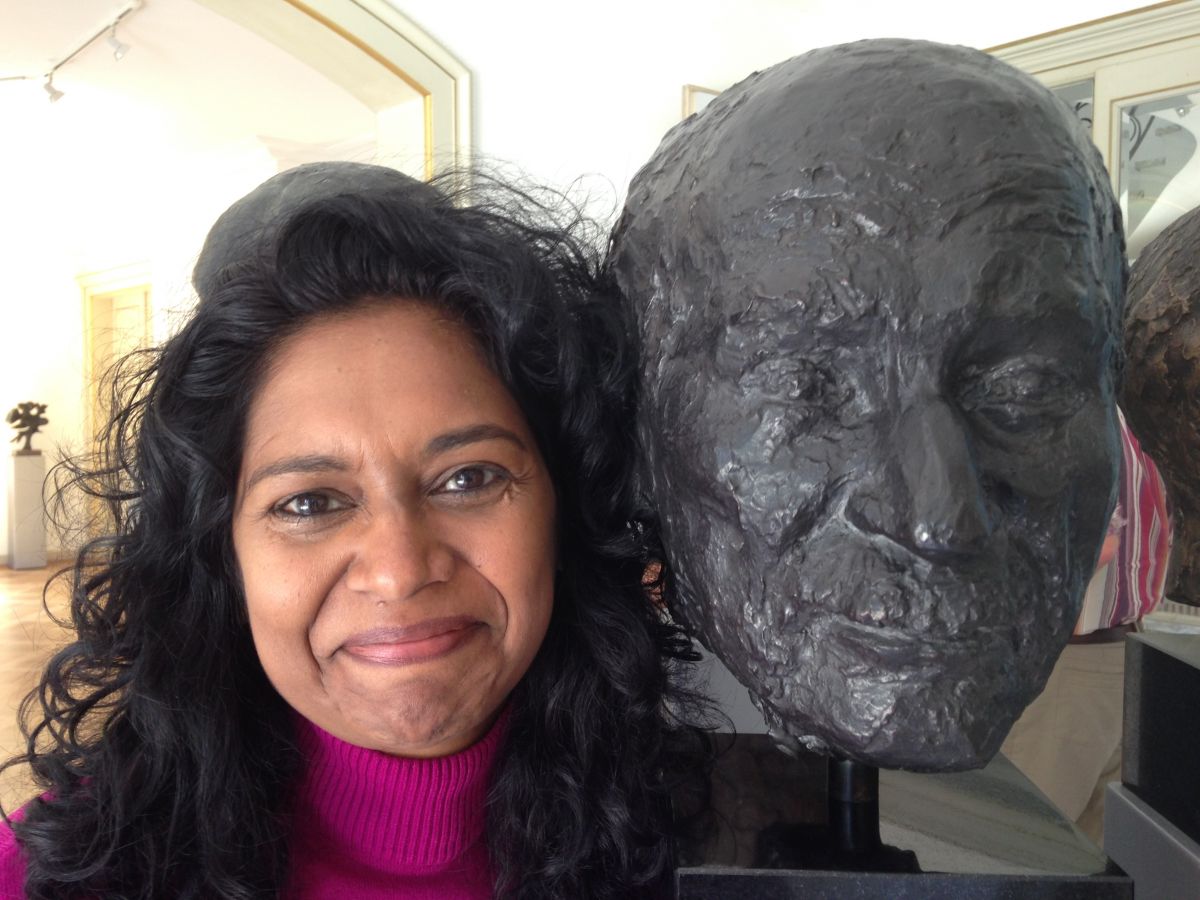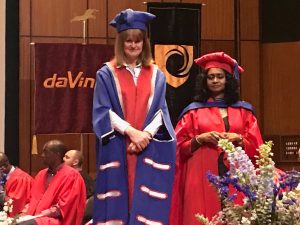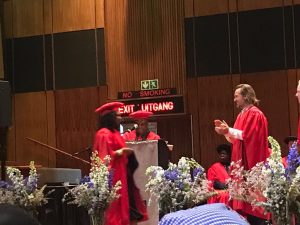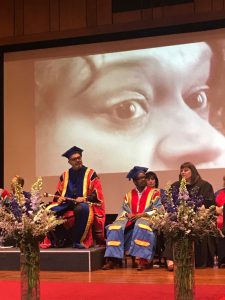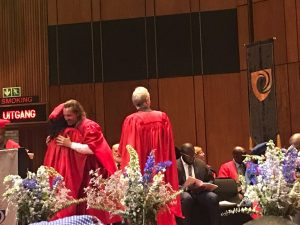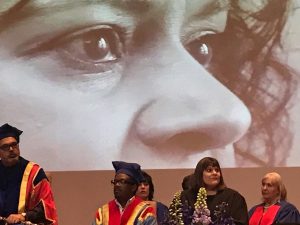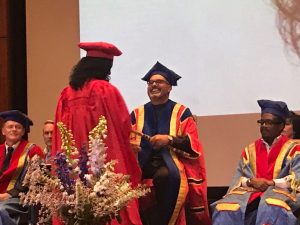PhD! Loshnee Naidoo graduates on Integral Empowerment of Survivors of Intimate Partner Violence
13 September 2017: Trans4m Fellow Loshnee Naidoo from South Africa graduates in the Trans4m Da Vinci PhD Program on Integral Development with a unique approach to the Integral Empowerment of marginalized groups within society – in her case focussing on women exposed to intimate partner violence.
Through her company Sansara, Loshnee’s intention is to take this approach of Integral Empowerment into the larger sphere of socio-economic development, in South Africa and Africa.
More on her Loshnee and her pioneering work here.
Below find photos of the graduation events as well as a summary of her thesis
Summary
My inner journey unpacked the lived experiences of my parents and how this impacted me and shaped the person I became. I realised that my dad’s fight against apartheid and my mum’s defiance in the face of gender oppression led me to find my passion in the empowerment of women. On further interrogation of the landscape of my broader family, l was forced to acknowledge the impact that the abuse my cousin suffered, at the hands of her husband, had had on me, and which resulted in the focus of my research being the impact that integral empowerment could have on survivors of intimate partner violence (IPV).
The thesis has an Afro-centric and Feminist grounding. Framed by this, the process of thesis, antithesis and fusion was used to interrogate my life as well as the field of IPV, from my perspective, giving voice to the other and finally integrating these new learnings into a freshly evolved perspective. The revelations led to the development of a contemporary African and Feminist research methodology, the Integral Empowerment Methodology (IEM), the tenets of which include:
- Unearth what is required to honour love for self, other and community
- Use the African Feminist (AF) foundation of trust, care and affirmation to engage in the Western Feminist (WF) process of reflection, by coding and decoding our lived Experiences
- Bring about psychological and cognitive emancipation via critical analysis of self, environment and culture
- Actualise economic and physical empowerment via pragmatic, practical and realistic action steps
The IEM led to the development of the Integral Empowerment Tool (IET) that was crafted to meet the specific needs of IPV survivors residing in places of safety. Although this espouses psychological and physical empowerment, the IET focussed primarily on the cognitive understanding of lived experiences of survivors, via reflective sessions, and the economic empowerment, via skills development sessions. The rationale was based on the psychological and psychical needs of the survivors being catered for by the shelters.
The IET was tested at two shelters within South Africa. The process, content and impact of the IET was constantly evaluated by the survivors, shelter management and myself. The recommendations are based on the efficacy of the IET as an empowerment programme.
- The ethos of the IEM, if honoured, allows the survivors to fully engage and hence achieve varying levels of empowerment.
- The reflective sessions were found to be immensely valuable especially when combined with pertinent questions.
- The root-cause analysis allowed survivors to understand how they could attempt to break the abuse cycle, by reframing gender stereotypes for their children.
- The skills sessions need to be more practical and include access to information as well
- as tools to find employment and accommodation.
The following are some of the critical issues faced by survivors that have recently extricated themselves from abusive situations and could aid in future IET programmes as well as future research:
- The most significant impacts of the various types of abuse are feelings of helplessness, hopelessness, fear and low self-esteem
- Many believed that had they been economically empowered they would not have stayed in the abusive relationship
- A common thread through the women’s stories were the lack of support from their mothers
- Although solace was sometimes sought in religion, both culture and religion enforced patriarchal beliefs and behaviours
- Education specifically addressing on patriarchy, equality and gender based violence is critical to break the cycle
- It is imperative to conduct a root cause analysis to address the impact that patriarchy has on perpetuating IPV.
Additional findings highlighted that the financial resource constraints faced by shelters impacted the services offered to survivors, in spite of the passion of the highly overworked staff. In light of this, the IET may be better placed being facilitated by external parties.
The success of the IEM has led to it forming the framework within which my company, Saṅsāra, will conduct its future work within the field of socio-economic development, which will encompass the empowerment of women in many guises.
These include various evolutions of the IET such as working with entrepreneurs as well as establishing a Pan African Women’s Entrepreneurship Fund. The intent is to ensure that the learnings from this thesis are embedded within an integral society.
